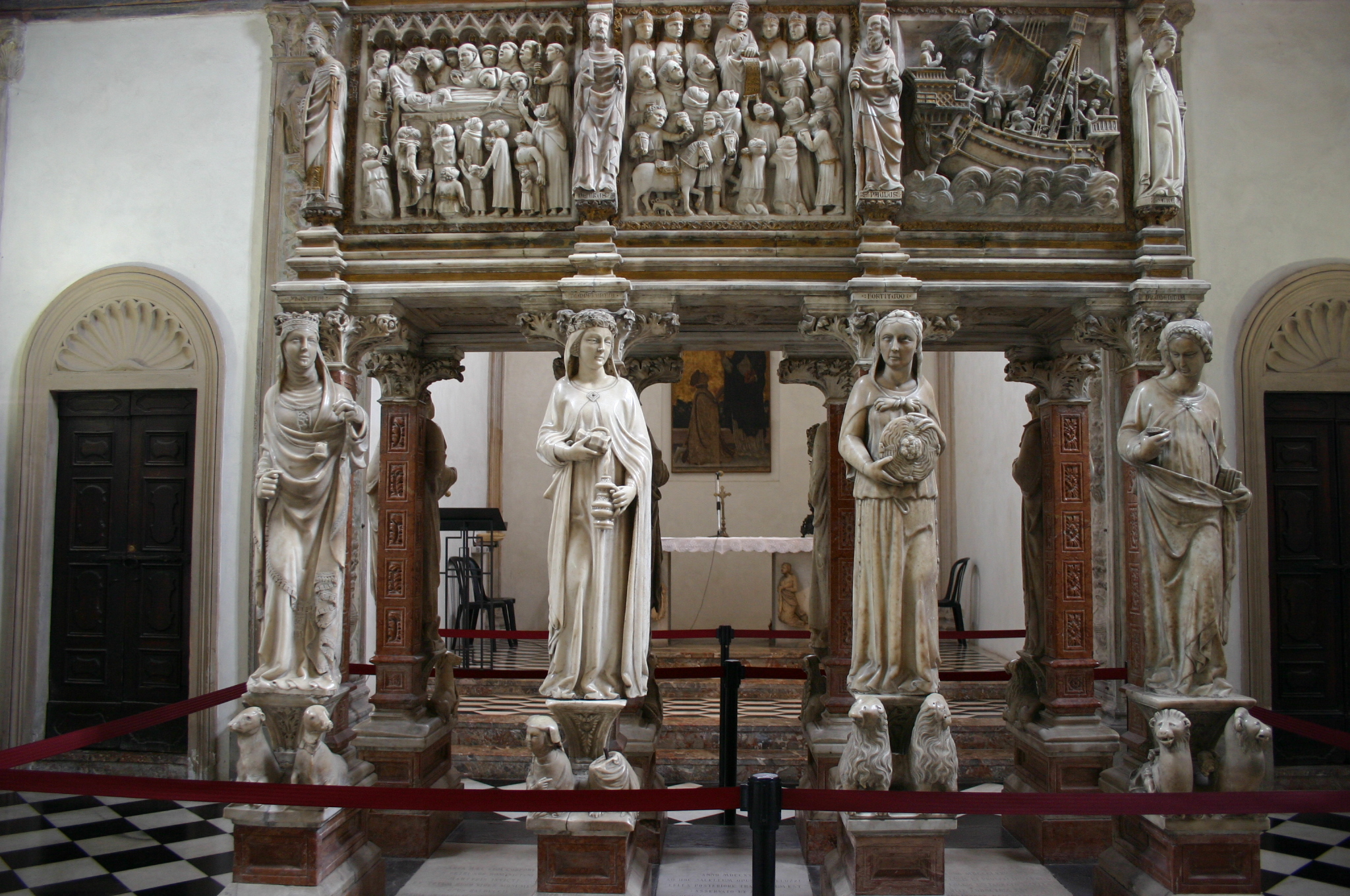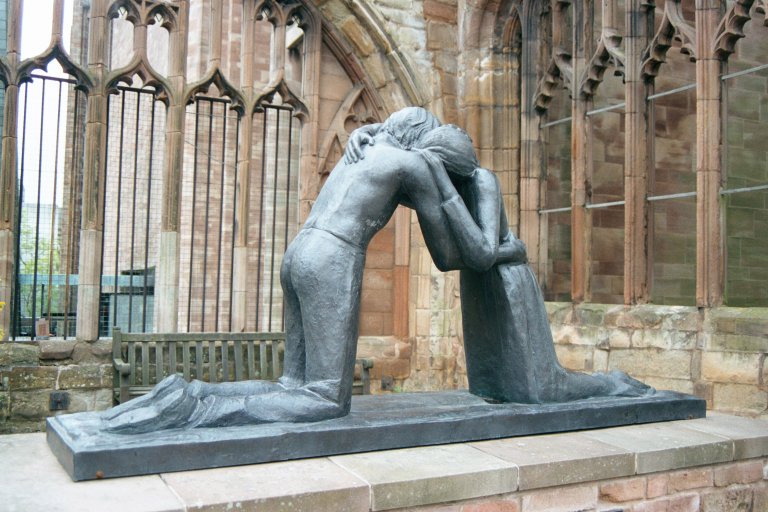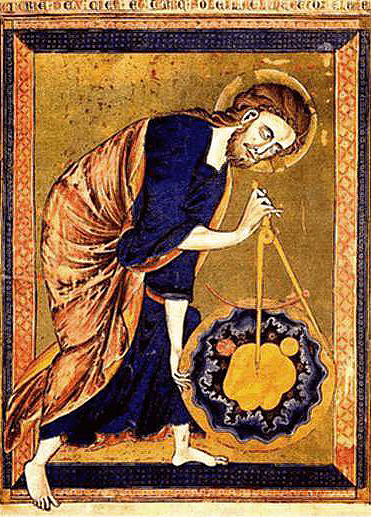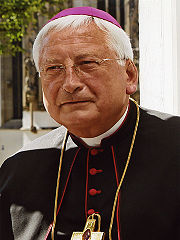
Thanks to
Rev Bob, I have realised that my earlier short statements regarding love may be insufficient due to the vagaries and weaknesses of the English tongue and the brevity with which I disposed of the matter.
In the first, it should be pointed out that we are attempting to discern the meaning of words which are separated from us by almost 2000 years and several civilizations. This is further conflated by the recent trend in the United States (at the least) of hyperbole as well as vocabulary distillation, which is to say the reduction of the common lexicon with the remaining words agglomerating in meaning. An example with relevance here would be the word 'love'.
Whereas at one point the term was commonly used only to refer to heartfelt affection or emotional bliss, it has been broadened to include any sort of positive feelings of relationship towards any other tangible or intangible item.
C.S. Lewis examined the topic of love from a Christian perspective in his book
The Four Loves. He identified these loves as being affection, friendship, eros and charity from the greek
στοργή (
storgē),
φιλία (
philía),
έρως (
érōs) and
αγάπη (
agápē) respectively.
Affection is that love that one feels for another in the most general of senses, as a parent for a child, or a human for a pet. The closest latin cognates for this would be
amor or (sometimes)
delectāre.
Friendship is the virtuous love which is shared between friends, associates and family, though one can feel this friendship for partners. Friendship, in this way, is the platonic virtue of love, devoid of attraction and passion. This 'brotherly love' is reflected in the latin cognate
diligere.
Eros is the passionate and emotional love that is bound up with people who are very close as well as attraction between individuals. Outside of the greek philosophers, it is considered deeper than friendship and often (though not always) has sexual connotations. Amor is also used in this manner in the Latin.
Finally, we come to Charity, which is the highest/deepest form of love. Unlike the others, Charity is without conditions or boundaries and it may demand of us sacrifices for the good of those we show this Charity to. As one may suspect,
caritas is the Latin root and this is the love which was referred to earlier being 'the selfless, unqualified and unending love and kindness which is the Divine'.
It would be instructive to point out that, of these four terms, only
philía and
agápē are found in New Testament scripture (As the Old Testament was orginally in Hebrew and very much beyond my personal scope, I will leave the task of hunting that down for another day). Further, it is may also be informative to highlight that the early Christians were in a long and bloody fight with the Neoplatonists about the time these texts came to light. As inferred earlier, the virtuous and rational
philía is the apex of love in the Platonic heirarchy, whereas the early Christians held the selfless and unboundless
agápē as the pinnacle.
It is of interest, then, to compare the greek study bible and the latin vulgate. There are multiple examples of where
agápē is translated, not as
caritas, but as
diligere or even
amor. This, of course, influences all of the vulgate-based translations of the New Testament (Starting with the Textus Receptus, Luther Bible and King James), having the concepts of 'agape-love' and 'earthly-love' all muddled up.
My primary concern in all of this, to borrow from an earlier post, is to be confused by all of this discussion as describing the finger. The moon is this :
ὁ θεὸς ἀγάπη ἐστίν Deus caritas est, God is Love. Not just affection, nor friendship or passion, but all of these and more, as the endless and selfless love which empowers us and asks us to be more than ourselves.
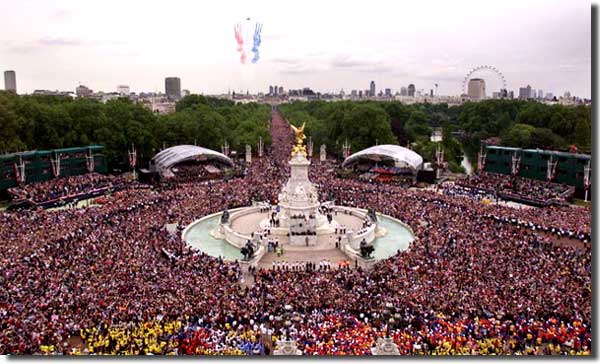 "So now I am giving you a new commandment: Love each other. Just as I have loved you, you should love each other. Your love for one another will prove to the world that you are my disciples." (John 13:34-35)
"So now I am giving you a new commandment: Love each other. Just as I have loved you, you should love each other. Your love for one another will prove to the world that you are my disciples." (John 13:34-35)







